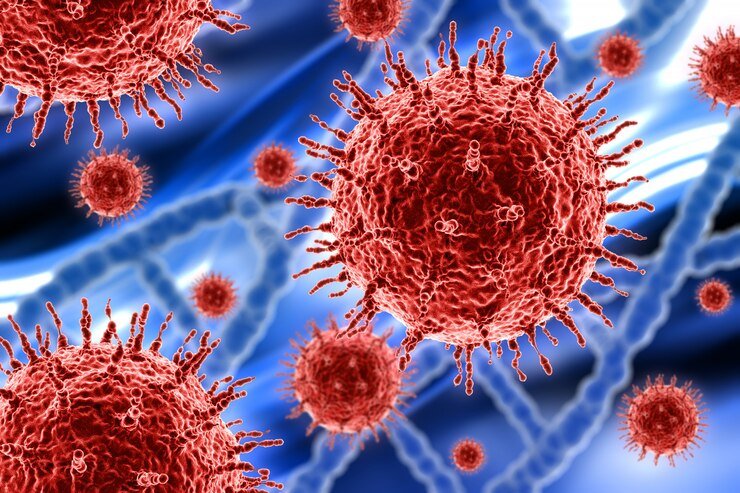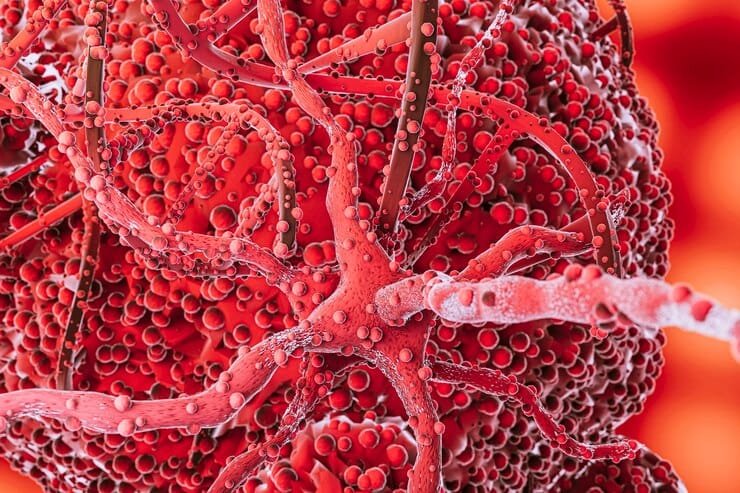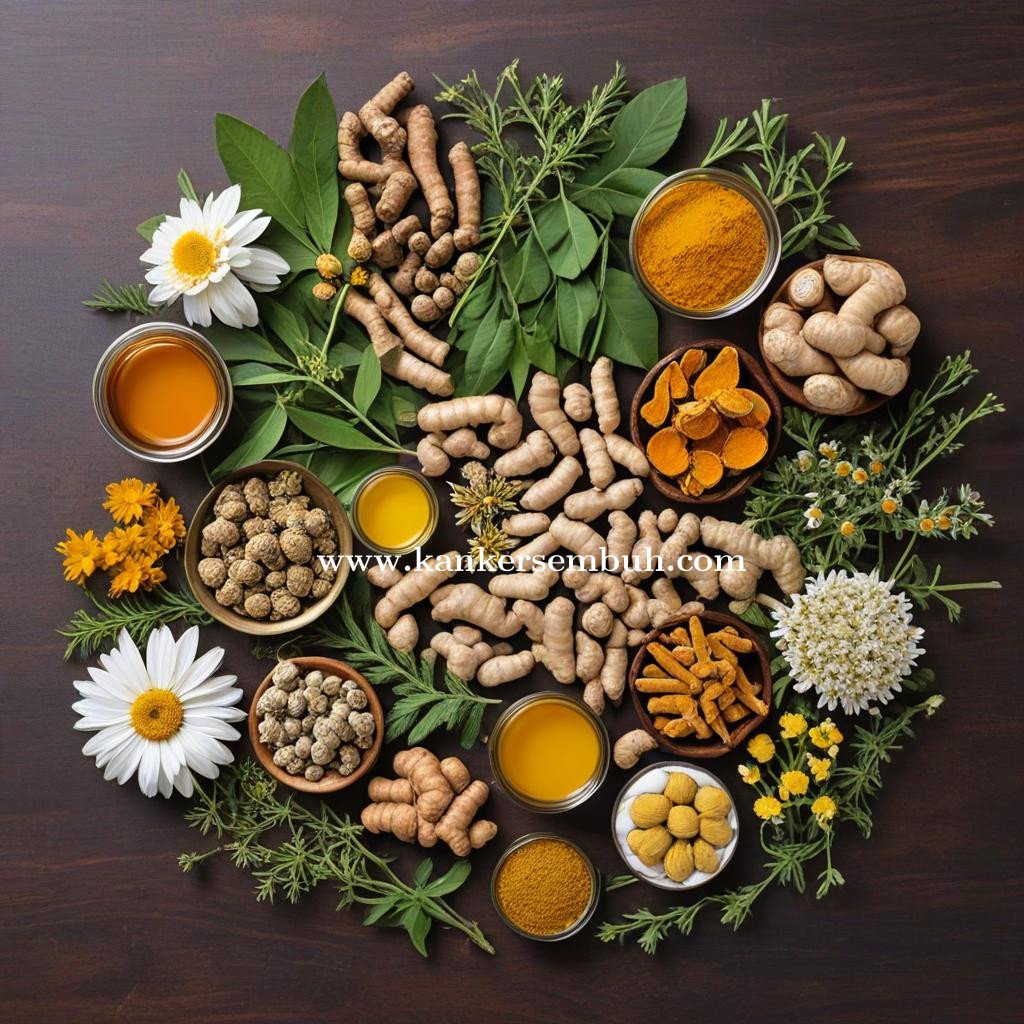- Rekomendasi Praktis Buah Anti Kanker
- MARI KENALI KANKER & CARA PENANGANANNYA
- ALTERNATIF PENGOBATAN KANKER TANPA TINDAKAN INVASIF !
- JANGAN PANIK ! Temukan Penanganan Aman Untuk Tumor Jinak di CMI Bandung
- KANKER BUKAN SEKEDAR BENJOLAN
- Herbal Medicinal Plants in Breast Cancer Treatment: An Overview
- Exploring Herbal Medicine in Cancer Treatment: Insights from India\\
- Enhancing Cancer Care: The Role of Complementary and Alternative Therapies
- The Use of Traditional, Complementary, and Alternative Medicine in Cancer Care: Insights from Sri La
- Medicinal Plants and Herbal Compounds in Cancer Treatment: Promising Research and Clinical Applicati
Exploring the Anticancer Potential of Herbal Medicine in Prostate Cancer Treatment: Focus on Inula v
Investigating the Antiproliferative and Apoptotic Effects of Inula viscosa and Rubus caesius on Prostate Cancer Cells
The effects of herbal medicine on prostate cancer
cells, one of the most common types of cancer and the second leading cause of
cancer-related deaths worldwide. This study focused on seven medicinal plants:
Viscum album, Inula viscosa, Hypericum perforatum, Lysimachia nummularia,
Oleocanthal, Pinus pinaster, and Rubus caesius. Research was conducted on Du145
prostate cancer cells and mesenchymal cells derived from human adipose tissue
to assess the potential anticancer effects of each plant at various doses.
The results showed that Inula viscosa and Rubus
caesius had higher enhancing effects compared to the other medicinal plants.
These two plants were non-toxic to mesenchymal cells derived from human adipose
tissue and demonstrated the ability to inhibit cell proliferation and induce
apoptosis in prostate cancer cells. Measurements were taken using the MTT
method to determine cytotoxicity levels (IC50) and immunocytochemistry
procedures to assess oxidative stress (eNOS), angiogenesis (VEGF), and
apoptosis using the TUNEL method.
This study's findings indicate that Inula viscosa
and Rubus caesius have potential as agents in prostate cancer treatment. These
plants not only showed significant antiproliferative activity but also did not
cause toxicity to mesenchymal cells from adipose tissue, suggesting their
potential safety and effectiveness in prostate cancer therapy. This research
paves the way for the use of medicinal plants as an alternative or adjunct in
prostate cancer treatment.
Baca Lainnya :
- The Role of Honey in Modern Medicine: Benefits and Applications
- The Role of Herbal Medicine in Treating Liver Diseases
- Cancer Treatment Methods Through Traditional and Complementary Medicine
- Ilmuwan Terhebat Era Keemasan Islam
- Bos BPJS Kesehatan soal Tarif Tunggal Iuran
Source: https://www.mdpi.com/ (The Effect of Herbal Medicine on
Prostate Cancer Cells in Culture)
Cancer treatment at CMI Hospital is based on
complementary medicine aimed at repairing cell damage caused by cancer.
Thousands of patients have successfully avoided surgery, chemotherapy, and
radiation after undergoing this non-surgical cancer healing method. CMI
Hospital remains committed to helping cancer patients.
WhatsApp: +62 821-1653-7983 (Dr. Juli)











